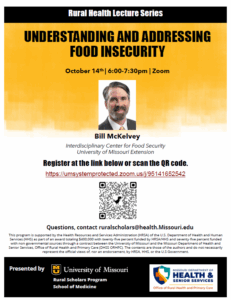October 6, 2025

NRHA Webinar: Turning OR/ER Challenges into $5 Million Gains: A Rural Case Study, October 16
Johnson Memorial Health, a 58-bed rural hospital in Franklin, Indiana, uncovered $5 million in missed operating room and emergency department reimbursement through a focused review. With reimbursement gaps threatening already thin margins, the hospital needed a solution that could pinpoint missed charges and build a sustainable process for ongoing improvement.
In this session, Dr. David Dunkle, President & CEO of Johnson Memorial Health and a practicing family physician, and Chris Milligan, MBA, CHFP, CRCR, a revenue cycle leader with more than 30 years of experience, share the challenges uncovered, the tools applied, and the measurable outcomes that followed.
Learning Objectives:
By the end of this session, participants will be able to:
- Explore how Johnson Memorial Health identified hidden OR/ER reimbursement opportunities and applied them to recover $5M,
- Understand the impact of physician leadership combined with revenue cycle expertise on financial sustainability,
- Assess the role of HIM-driven reviews and leveling tools in improving reimbursement accuracy, and
- Consider low-risk approaches that can deliver measurable improvement without upfront costs.
Cost: Free
When: Thursday, October 16, 1:00 p.m. – 2:00 p.m.
Click Here to Register






